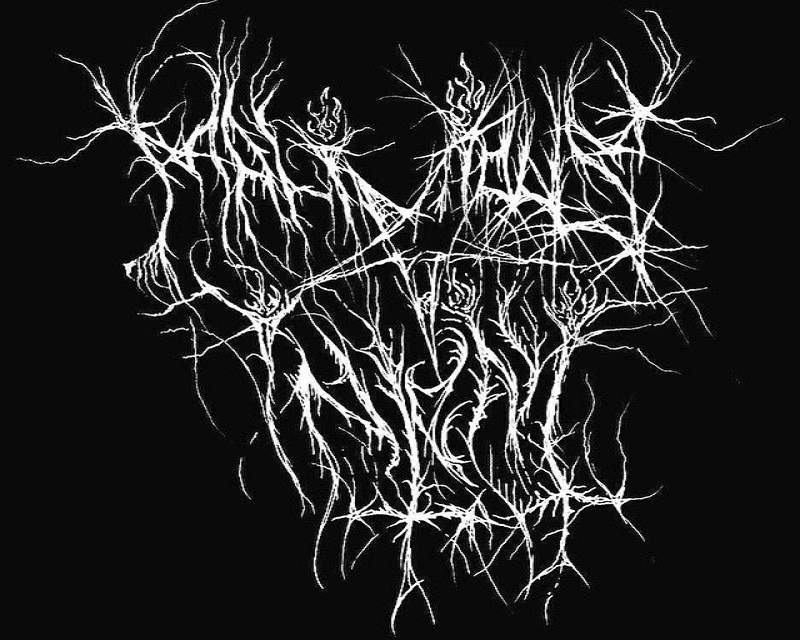Does Metal have boundaries? This is an interesting question implicitly brought up by none other than Dave Lombardo.
In a recent interview, Lombardo was quoted as saying the following:
"I get the chance to play drums without limits. Believe it or not, metal has a lot of boundaries. When I play with these artists, the intensity and dynamics are so great because we're tapping into so many genres. Quite honestly, most music, in comparison, feels less exciting for me."He continues:
"I've always been a fan of music that is left of center. It wasn't until I started to work with Patton that I realized I had the instinctual ability to play avant-garde style of music. When Patton introduced me to the first Fantomas demos, I felt very comfortable and connected with the music. When I performed 'Xu Feng' for the first time with John Zorn and his ensemble, I was comfortable and uninhibited. This is the most pure form of musical self expression."(Note: in the former quote, he is referring to John Zorn and Mike Patton when he says "these artists")
Now, I think it's worth pointing out that he isn't talking about strictly about "improvised music vs. structured music". Fantomas is highly structured in most of their music. John Zorn has performed/composed his fair share of completely improvised material in the past, but 'Xu Feng' uses Zorn's game pieces style improvisation...so there is still an element of structure, although that structure is more or less random.
If that ("improvised vs. structured") were his complete argument, then I would say, "Yes, I absolutely agree that improvised music is more freeing and unlimited in possibilities than structured music." However, he's not saying that. He is saying that avant-garde, genre-hopping music is the most boundless.
I will say that probably a good 99% of Metal is structured (Sunn O))) might be a noteworthy example of the 1%, though even they have SOME structure). But the argument that Metal lacks an avant-garde nature? C'mooooon, Dave!
OK, I will agree that most Metal bands don't experiment and are chained to the pre-conceived notions of their particular sub-genre (which is not necessarily a bad thing). Slayer, for example, will never be that experimental. Neither will Cannibal Corpse. Or Judas Priest. That is not what they do, and that would not be appealing to their fanbase.
However, on the flipside of the coin, you have bands like the Dillinger Escape Plan, Sigh, Kayo Dot/Maudlin of the Well, Dodheimsgard, Arcturus, Candiria, Locrian, Earth, Ulver, and Fleuerty, among many others, who have all flirted with the experimental/avant-garde. Each of these bands has either employed a genre-hopping style (Sigh, Candiria), a stretching or pushing of an established genre's style (Dodheimsgard, Fleuerty, Locrian), or a complete abandonment of most if not all "Metal" elements (Ulver, Kayo Dot, Earth).
I will agree with Lombardo in saying that, even with the more experimental Metal bands, there are often limits to what kind of sounds they will incorporate into their music (perhaps not for a very select few). In a way, each band dictates the boundaries of their own music. Some choose to dictate those boundaries by what is acceptable to their particular sub-genre, while others choose to dictate those boundaries completely on their own terms. A select few probably don't have any boundaries in how their willing to experiment or the type of sounds they're willing to incorporate.
IMHO, I also don't think that most Metal bands are experimental just for the sake of being experimental. I sometimes think of John Zorn's and Mike Patton's projects are experimental just for the sake of being experimental, but that is certainly up for debate.
In any case, I think Lombardo was merely speaking from his own perspective from playing in Metal bands; specifically Slayer. Slayer is obviously not going to throw in 30 seconds of polka jamming or ballet into one of their songs. But that is certainly not the case for ALL Metal bands.
